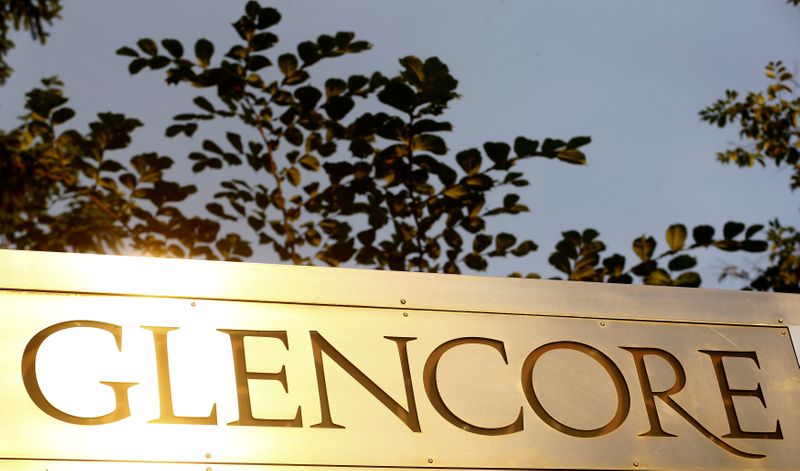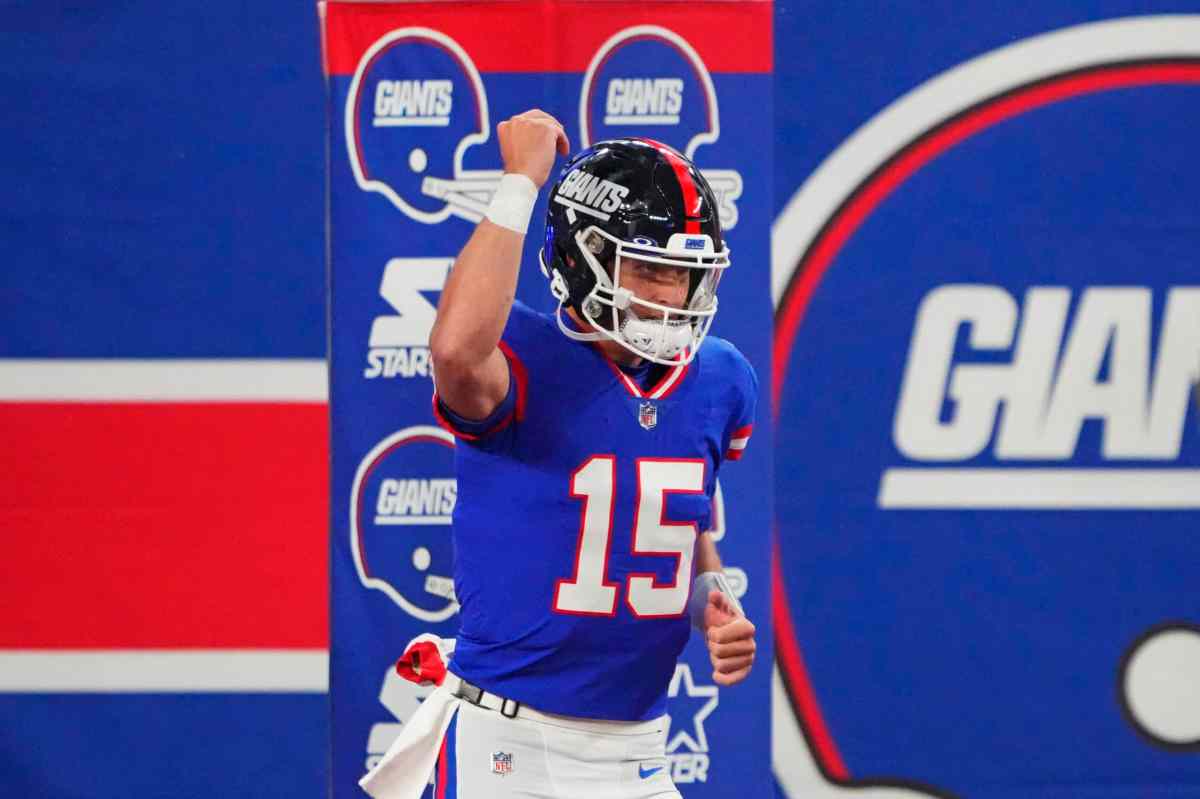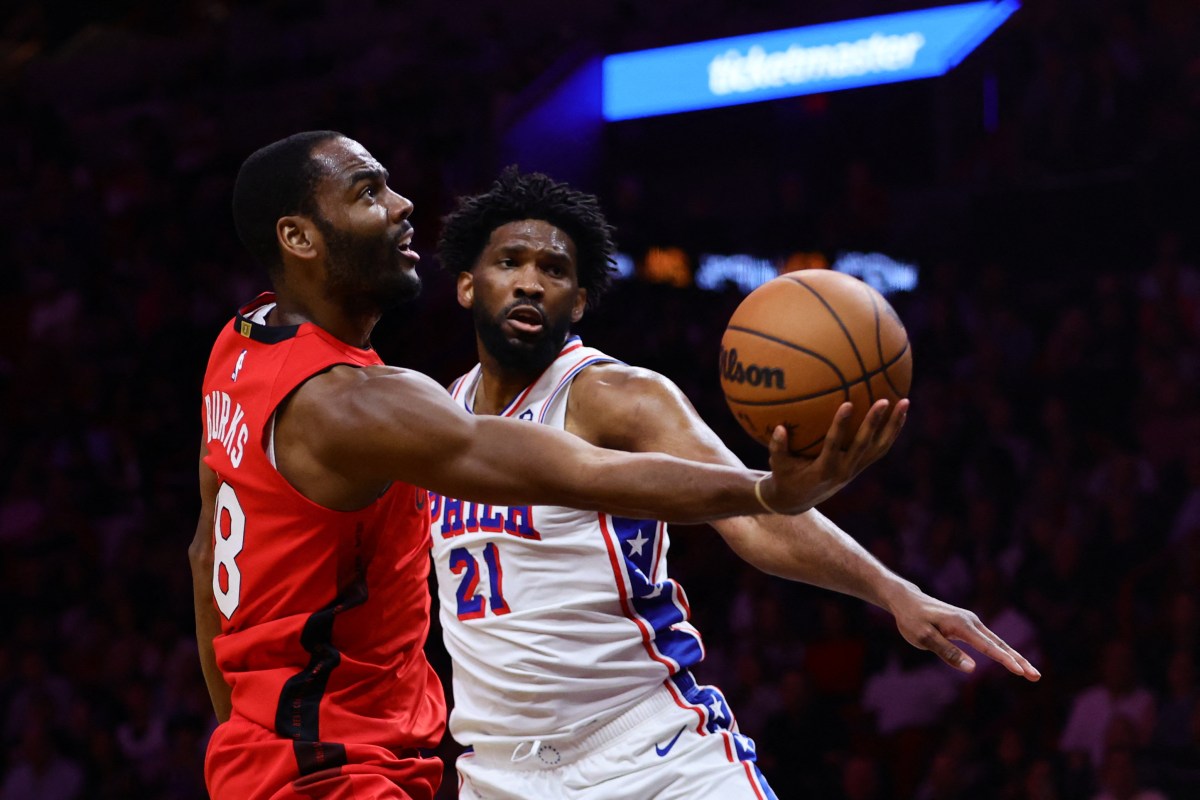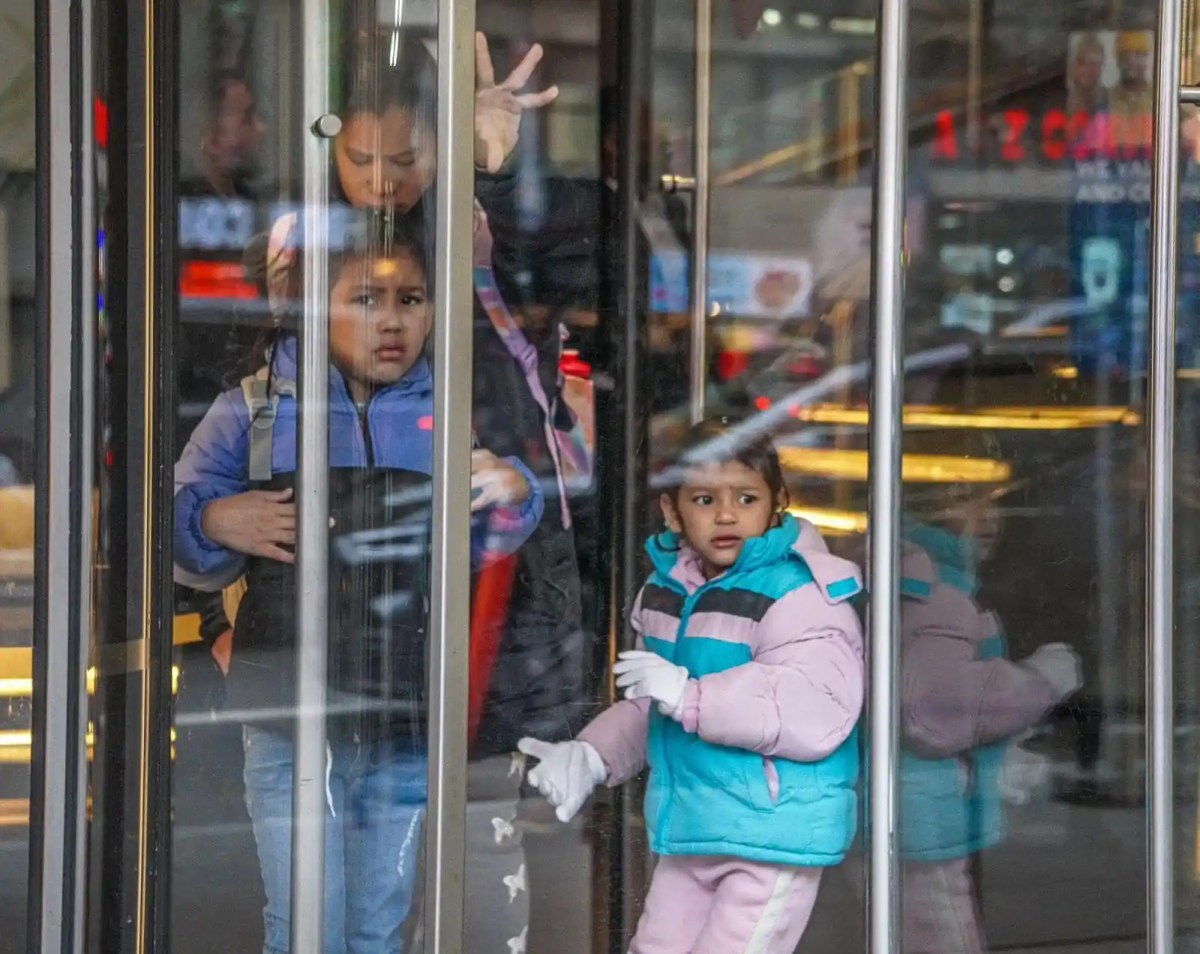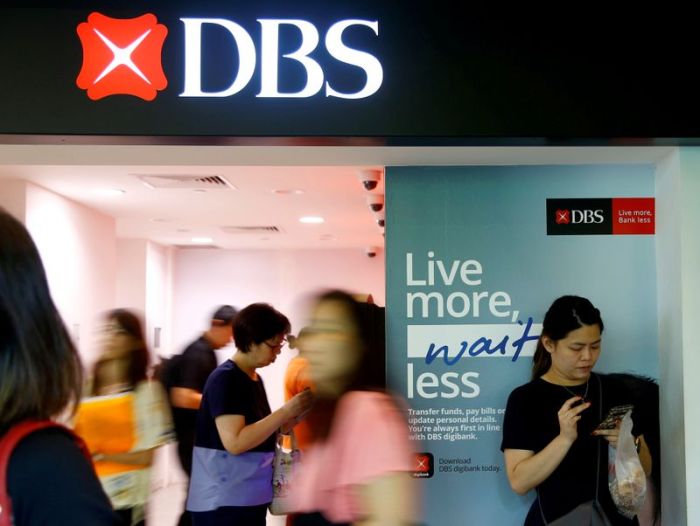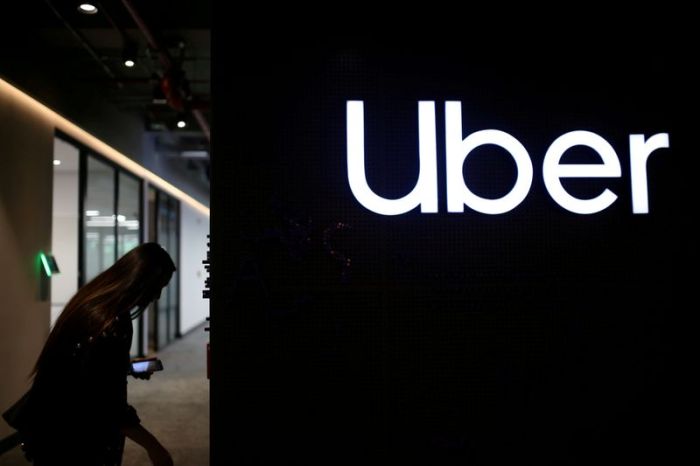LONDON (Reuters) – Glencore <GLEN.L> became the first major mining company to scrap its dividend, saying on Thursday the economic outlook was too uncertain because of the coronavirus pandemic and that it would prioritise cutting debt instead.
The mining and commodities trading company said its net debt jumped 12% in the first six months of the year to $19.7 billion and that it was booking a $3.2 billion charge, mainly due to the broader economic fallout on its businesses from the pandemic.
While its trading division’s record $2 billion first-half operating profit helped boost overall adjusted earnings, the hefty charges meant Glencore ended up posting a net loss of $2.6 billion – the same amount it had been due to pay in dividends.
The record trading performance, mainly thanks to oil markets, came at the expense of higher net debt as Glencore used more working capital as a one-off in the exceptional COVID-19 circumstances to buy and store large amounts of cheap crude.
Glencore shares listed in London had slumped nearly 7% by 1130 GMT, underperforming the 3% drop in the broader index that includes its rivals.
Graphic: Glencore shares underperform peers – https://fingfx.thomsonreuters.com/gfx/ce/gjnpwxrkrvw/glencore%20shares.JPG
“The board has concluded that it would be inappropriate to make a distribution to shareholders in 2020, instead prioritising the acceleration of net debt reduction to within our target range,” Chief Executive Ivan Glasenberg said.
He said the company would wait to see how the pandemic evolves and then review whether to resume dividend payments next year.
Rivals Rio Tinto <RIO.L> and Anglo American <AAL.L> have already gone ahead with their payouts and BHP <BHP.AX> <BHPB.L> is expected to follow suit.
“We believe Glencore has missed an opportunity to send a strong message to the market about its dividend policy being robust through the cycle,” said analysts at Jefferies, which reiterated its “hold” recommendation for Glencore shares.
The $3.2 billion in charges were mainly related to its oilfields in Chad, which shut down during the pandemic, its Colombian coal operations, Mopani copper mine in Zambia and zinc mining in Peru.
OLD GUARD ON WAY OUT
Glencore’s adjusted earnings before interest, taxes, depreciation and amortisation (EBITDA) fell 13% to $4.8 billion in the six months to June from a year earlier, beating the $4.3 billion expected by 14 analysts in a survey compiled by Vuma.
Thanks to the record first-half trading performance, the company said it expected the division to post operating profit at the top end of the $2.2 billion to $3.2 billion range by the end of the year.
Glencore’s trading divisions set it apart from other mining companies and it has proved more resilient during commodity downturns.
The trading arms of oil majors such as Royal Dutch Shell <RDSa.L>, Total <TOTF.PA> and Eni <ENI.MI> have all also reported bumper profits by storing oil when prices plunged earlier this year and then selling later at higher prices.
Glasenberg told a conference call that cash flow would help it lower debt below its cap of $16 billion by the end of 2020.
“Glencore’s value is attractive, its balance sheet robust and commodity mix well positioned for recovery,” analysts at UBS said. “We expect it to outperform as visibility improves on management change, deleveraging, regulatory investigations and the turnaround of African Copper.”
Graphic: Glencore energy prods ebit – https://fingfx.thomsonreuters.com/gfx/ce/yzdvxngzavx/glencore%20h1%20marketing%20ebit.PNG
Glasenberg said planning for a new generation of managers to take over had not been affected by the COVID-19 crisis and that he would leave once the Glencore old guard was gone.
He said long-time executive and head of coal marketing Tor Peterson was still due to leave the company and another veteran, Daniel Mate, who led its zinc business, left last month.
The change in senior managers that has been taking place over the last two years has been spurred in part by multiple investigations into the company for bribery and corruption, particularly by the U.S. Department of Justice.
(Reporting by Zandi Shabalala and Julia Payne; Editing by Edmund Blair and David Clarke)

